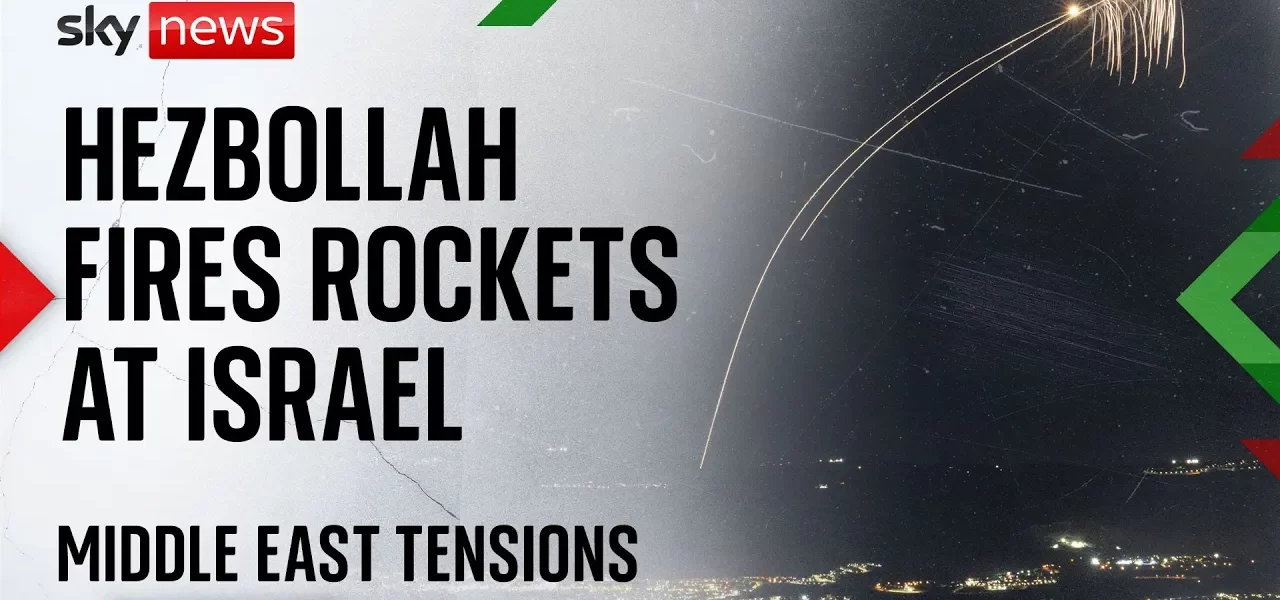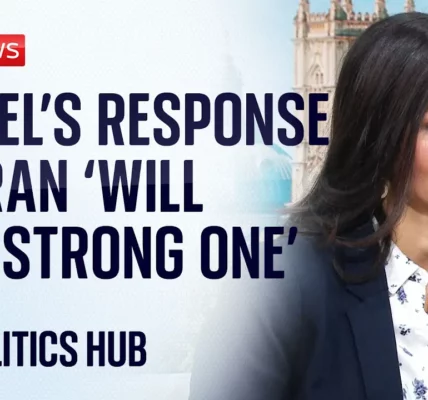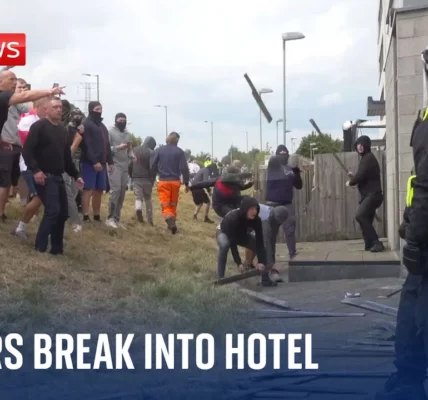Escalating Tensions: Hezbollah Strikes Northern Israel Amid Ongoing Conflicts

The recent military actions between Hezbollah and Israel have heightened fears of an uncontrollable war in the region. This article delves into the recent events, civilian impacts, and the complex political landscape surrounding the hostilities.
Introduction
In the wake of escalating tensions in the Middle East, the recent barrage of missiles fired by Hezbollah into Northern Israel marks a significant moment in the ongoing conflict. Following the Israeli military’s actions that resulted in the death of a Hezbollah fighter and strikes on civilian areas in southern Lebanon, the situation remains precarious. This article provides an in-depth examination of the current crisis, the implications of military actions, and the humanitarian impact on civilians caught in the crossfire.
Recent Military Actions
Hezbollah’s Missile Attack
Last night, Hezbollah launched a barrage of 30 missiles targeting Northern Israel. This response comes as tensions have reached a boiling point, following the Israeli military’s recent actions against Hezbollah. The situation is precarious, with each military action potentially leading to a larger conflict.
Israeli Military Strikes
On Saturday afternoon, the Israeli military engaged in operations that resulted in the death of a Hezbollah fighter. However, the strikes did not stop there; the Israeli Defense Forces (IDF) also targeted civilian areas in southern Lebanon, raising concerns over the humanitarian impact of such military decisions.
Civilian Casualties and Humanitarian Impact
Casualties in Gaza
The violence has not been limited to the Israel-Hezbollah conflict. Over the past 24 hours, reports indicate that seven Palestinians were killed during an Israeli airstrike that hit a tented camp within the grounds of a hospital in central Gaza. The fire that ensued tragically affected a woman and a child, highlighting the severe risks civilians face in these conflicts.
Targeting of Schools and Hospitals
In another incident, Israeli airstrikes targeted a school, which the IDF claimed was harboring a Hamas command cell. This action resulted in numerous casualties and injuries, raising ethical questions about the targeting of civilian infrastructure during military operations.
Political Implications and Hostage Negotiations
Growing Tensions in Israeli Leadership
As the violence escalates, internal political dynamics within Israel are becoming increasingly strained. Reports suggest a growing rift between Prime Minister Benjamin Netanyahu and senior security officials. The defense minister, IDF Chief, and head of the Shin Bet intelligence agency have urged Netanyahu to accept a ceasefire deal, fearing that his demands may undermine negotiations with Hamas.
U.S. Involvement and Diplomatic Frustrations
The Biden administration has expressed frustration over what they perceive as a lack of transparency from Netanyahu regarding military operations, particularly the assassination of Ismael Haniya. This incident raises concerns about the effectiveness of U.S.-Israel relations and the broader implications for peace negotiations in the region.
Conclusion
As tensions between Israel and Hezbollah continue to escalate, the implications for the region are profound. The risks of an uncontrollable war loom larger as military actions result in civilian casualties and political divisions intensify. It is crucial for all parties involved to prioritize diplomatic solutions to prevent further escalation. For those following these developments closely, staying informed and advocating for peaceful resolutions is more important than ever.
For more insights on Middle Eastern conflicts and their global implications, be sure to explore our related articles on international relations and humanitarian issues.
“`




